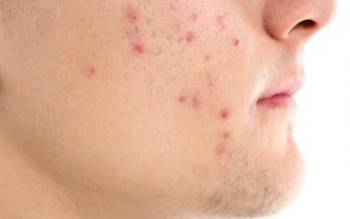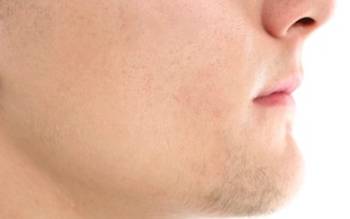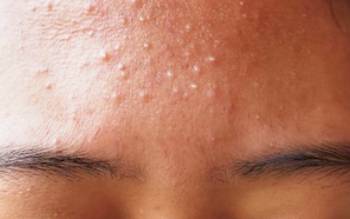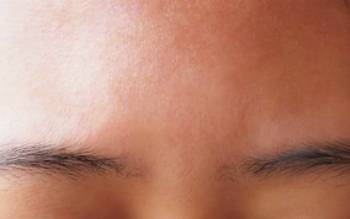ACNE & ACNE SCAR TREATMENT
Acne is a common problem of the skin’s oil glands present at the base of hair follicles. Commonly seen during puberty, acne is not a dangerous disorder or permanent, but can result in scarring. Acne scars are reddish or brownish marks left behind on the skin after a pimple/acne lesion heals.
It is commonly seen in teenagers, but many adults can also suffer from this problem. Acne scarring can be appreciated better, if we trace the development of acne.
FAQs
- What are the types of acne?
- What are the causes of acne?
- How do you treat severe acne?
- Are Acne Scars Permanent?
Depending on their severity, acne can be classified into different forms:
- Mild acne: commonly seen as whiteheads or blackheads
- Moderate acne: white centered red pimples called pustules and inflamed red pimples called papules
- Severe acne: painful cysts filled with pus, commonly referred to as nodules
Puberty and hormonal changes the most common factors of having acne. Also, stress can be a cause, as can the skincare products you are using, or it could simply be down to genetics. Women are much more likely to suffer from acne due to hormones – this includes pregnancy, during your period, or if you suffer from Polycystic Ovarian Syndrome (PCOS).
Your doctor will assess your skin during your initial consultation to recommend the right treatment.
Some of the treatment procedures that your doctor may choose include:
Soft tissue fillers: injecting collagen/fat under the skin to stretch out or fill in the skin; thereby lightening the scars
Dermabrasion: peeling away the top most skin layer using a rapidly rotating wire brush
Chemical peels: peeling away the top most skin layer using a chemical
Laser beam: destroying the outer most skin layer using a high energy light source, and encouraging growth of new skin
Microdermabrasion (newer acne scar treatment): abrading or polishing the skin’s surface with tiny crystals and removing the loosened skin cells
Skin surgery (punch excision): removing individual scars through a minor surgical procedure and using stitches or skin graft to repair the excised area
Broadband Light (BBL): reducing oil glands and minimizing pores using a blue filtered light
Acne scars usually fade away with time without requiring any form of treatment, but squeezing or picking acne can increase the risk of scarring. The scars left behind by mild and moderate acne are not permanent, and heal with time. However, the scars of severe acne can become permanent, requiring the immediate attention of your dermatologist.
BEFORE & AFTER










